 Johnny Key
Johnny Key
Race and Ethnicity: White - Starting with K
 Johnny Key
Johnny Key
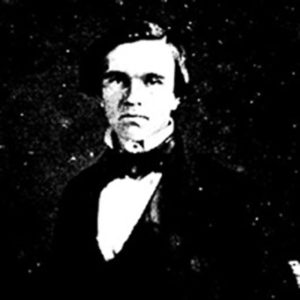 Thomas Key
Thomas Key
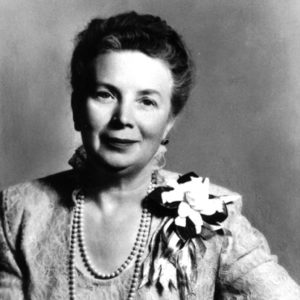 Vera Key
Vera Key
Kidd, Sue
Kilgore, Andrew
 Andrew Kilgore
Andrew Kilgore
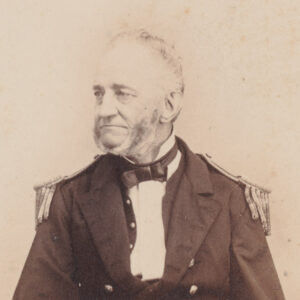 Augustus Kilty
Augustus Kilty
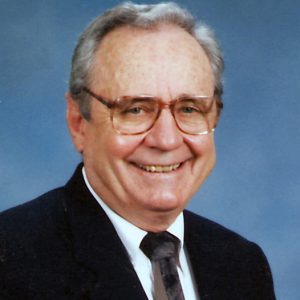 Wilson Kimbrough
Wilson Kimbrough
Kimbrough, Wilson Whitaker, Jr.
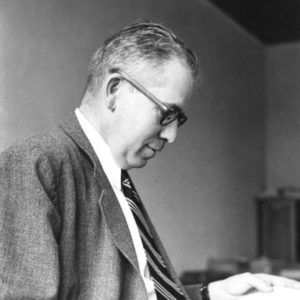 Ben Kimpel
Ben Kimpel
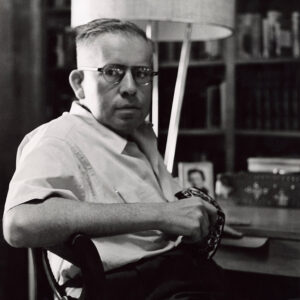 Ben Kimpel
Ben Kimpel
Kimpel, Ben Drew
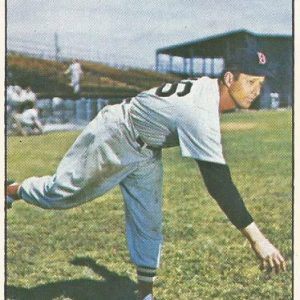 Ellis Kinder
Ellis Kinder
Kinder, Ellis Raymond
 Field Kindley
Field Kindley
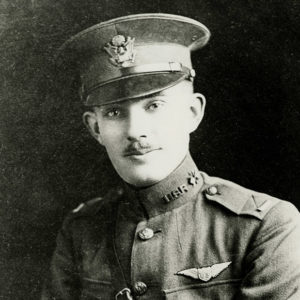 Field Kindley
Field Kindley
Kindley, Field Eugene
King, Bertha Hale
aka: Bertha Hale White
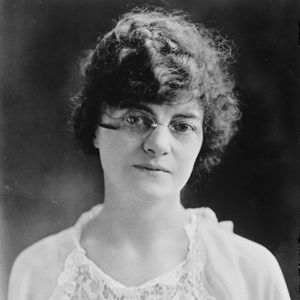 Bertha Hale King
Bertha Hale King
King, Helen Martin
King, John
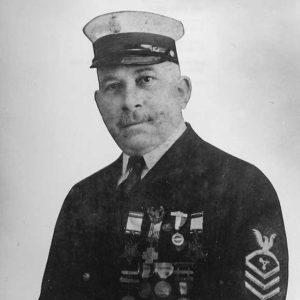 John King
John King
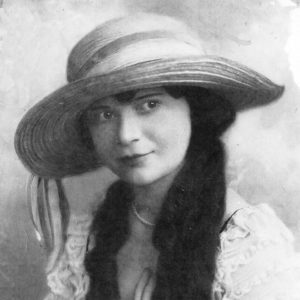 Pearl Kinman
Pearl Kinman
 Kirby Campaign
Kirby Campaign
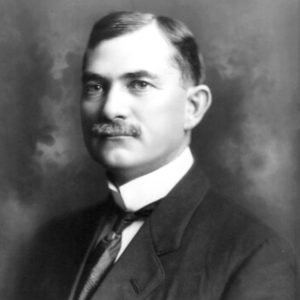 William Kirby
William Kirby
Kirby, William Fosgate
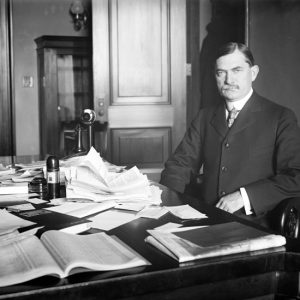 William Kirby
William Kirby
 Whitney Kirk
Whitney Kirk
Kirkland, John (Lynching of)
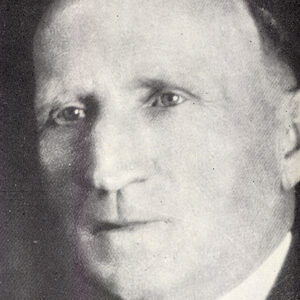 Wade H. Kitchens
Wade H. Kitchens
Kitchens, Wade Hampton
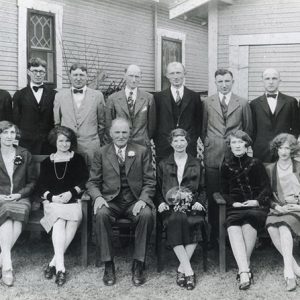 Kitchens Family
Kitchens Family
Kizer, Bernice Lichty Parker
 KKK in Cabot
KKK in Cabot
Klan Haven Orphanage
 Joe Kleine
Joe Kleine
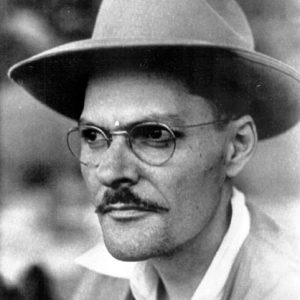 Paul Klipsch
Paul Klipsch
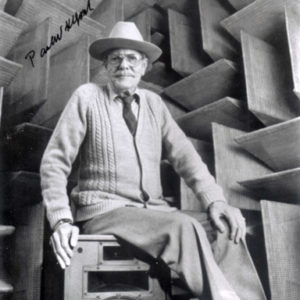 Paul Klipsch
Paul Klipsch
Klipsch, Paul Wilbur
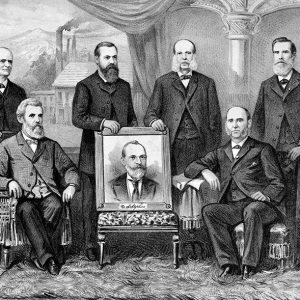 Knights of Labor Founders
Knights of Labor Founders
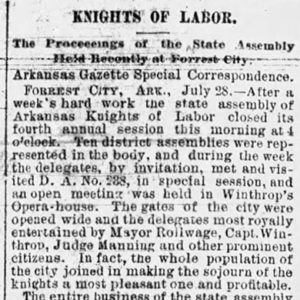 Knights of Labor Story
Knights of Labor Story
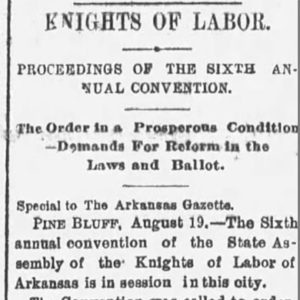 Knights of Labor Story
Knights of Labor Story
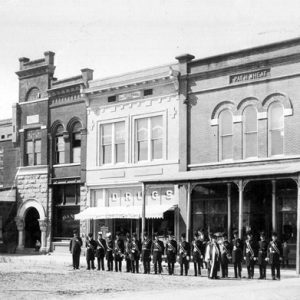 Knights Templars
Knights Templars
Knoop, Faith Yingling
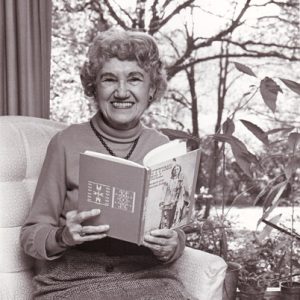 Faith Yingling Knoop
Faith Yingling Knoop
Knox, Robert C.
Kochel, Guy Ward, Jr.
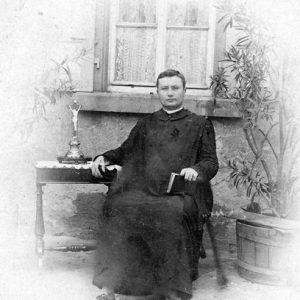 Fintan Kraemer
Fintan Kraemer
Kramer, Frederick
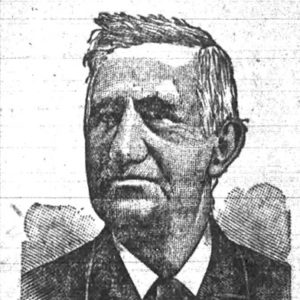 Frederick Kramer
Frederick Kramer




